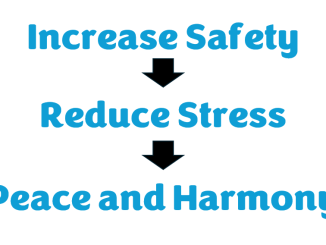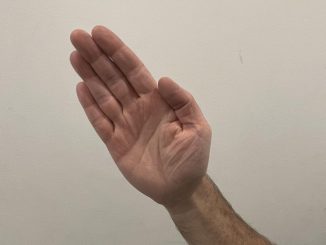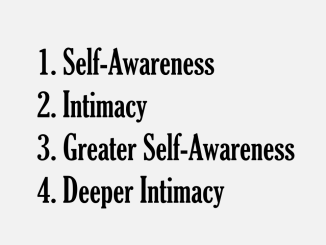No two couples are the same, no two families are perfectly alike, but in working with a huge number of couples over the years you start to see some common similarities.
Common themes that come up regularly.
One of these themes is the division of work and mental load shared between couples with children. It seems often that Mum takes on more of the heavy lifting with parenting and domestic duties (though the couple may have never really strategized who does what).
One reason this happens, which can harm the health of the relationship between mum and dad, is that women almost always have a good equal balance between Self-Sacrifice and Unrelenting Standards Schemas.
I have written more about those schemas (or automatic coping mechanisms) here.
Essentially, these two schemas, when not understood and harnassed, can push us into an exhausting three-stage cycle starting with trying to be Superwoman (or Superman in many relationships), then becoming exhausted, frustrated, and disappointed, lastly, trying to solve the issues by being committed to doing more again!
The other person in the relationship can get caught asleep at the wheel – they believe everything is OK in stage one because the person seemingly has control, it looks like they are firing on all cylinders (they are cooking, cleaning, working, going to the gym, and seeing their friends!), and maybe they aren’t willing or able to ask for help.
But the Self-Sacrifice/Unrelenting Standards person is slowly running their battery down.
Then the inevitable crash comes, and this can cause a lot of ripples in a relationship because person A is so exhausted, pessimistic, stressed, and emotional that they don’t healthily argue their point (they aren’t just upset at external elements but in themselves as well!).
While person B can feel like they’ve been side-swiped after believing that everything was OK. They might feel frustrated that the other person didn’t ask for help, or that they are now being criticized when they were there to help all along.
Because the conflict may be destructive, rather than constructive, nothing fundamentally changes (remembering that the self-sacrificer will try and solve their problems by doing “more”, and may feel guilty or bad for having a blow-up/acting in an emotional way), and life goes on…except we might have started the cycle all over again, and with some residual damage to the relationship.
The bomb has been set once again and life goes on…ticking and ticking until we end up there again.
It is a cycle that is well worth thinking through, and I use that just as a general example, of course, there are many different variants around the people involved, the challenges that they have, etc.
But we can only break a cycle when we are aware of it, and that is just one space where relationship therapy can be of assistance.
Now comes a new study which has found that in the U.S. at least, Mum tends to carry most of the mental load and complete most of the household duties.
Researchers from the University of Bath and the University of Melbourne published their findings in the Journal of Marriage & Family, revealing a common imbalance in what is called “cognitive household labour” among the 3,000 participants.
Cognitive household labour refers to the thinking work needed to keep family life running smoothly, including scheduling, planning, and organizing tasks.
It was found that mothers take on 71% of all household mental load tasks. These range from planning meals and arranging activities to managing household finances.
Fathers managed just 45% of the load.
Some of the other key findings included:
- Mums take on 79% of daily jobs like cleaning and childcare
- Dads tended to focus on episodic tasks like finances and home repairs (65%)
- Dads are more likely to see household mental labour as equally shared, while mothers disagree
- Single mums and dads take on the full mental load. Single dads, in particular, do significantly more compared to partnered fathers
“This kind of work is often unseen, but it matters. It can lead to stress, and burnout. In many cases, resentment can build, creating strain between couples. We hope our research sparks conversations about sharing the mental load more fairly, something that benefits everyone.” – Dr Ana Catalano Weeks, a political scientist from the Department of Politics, Languages & International Studies at the University of Bath.
The researchers encouraged families to take the first step: talk about the mental load, make a plan, and work together to make things more balanced.
That, to me, sounds like some good advice.



